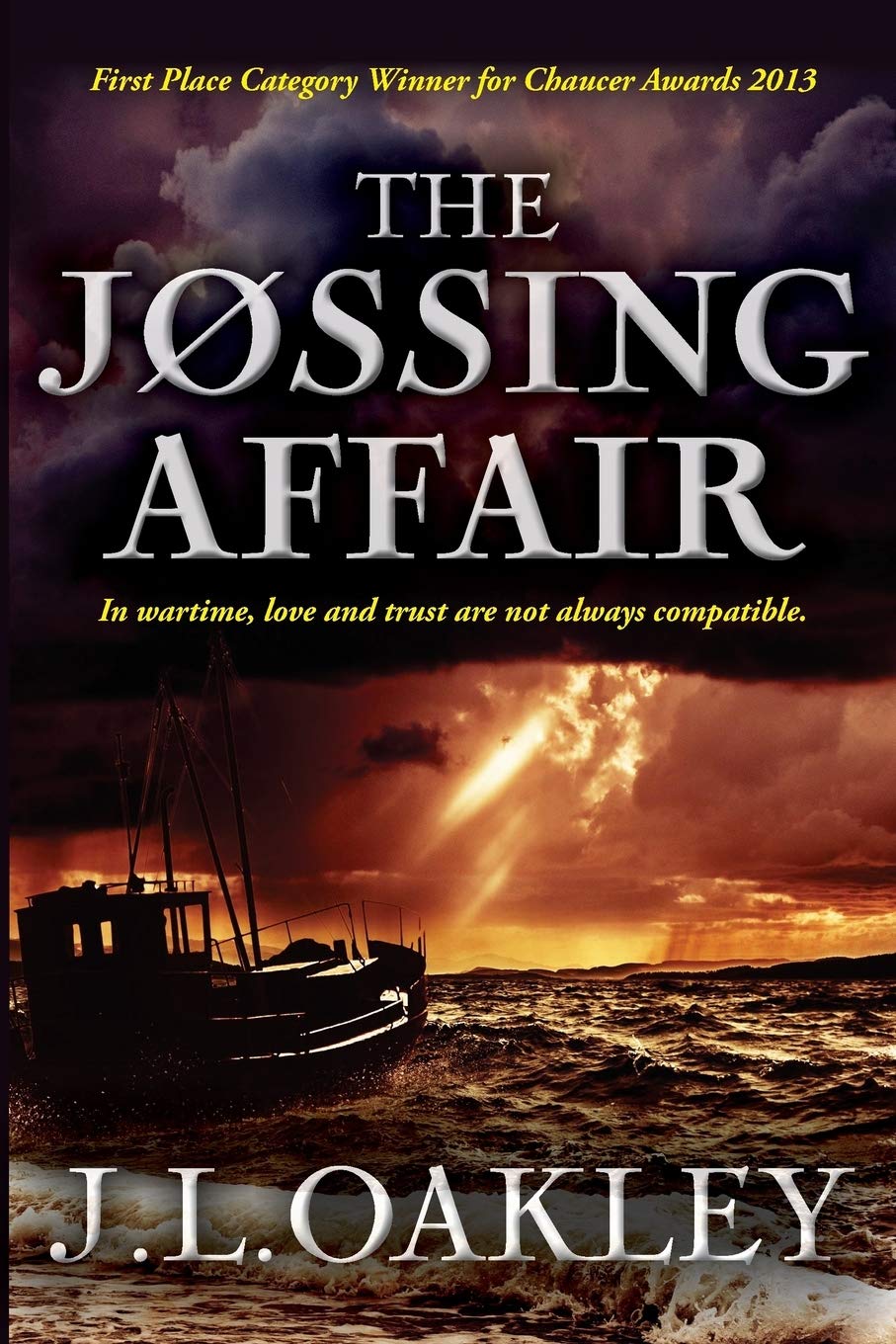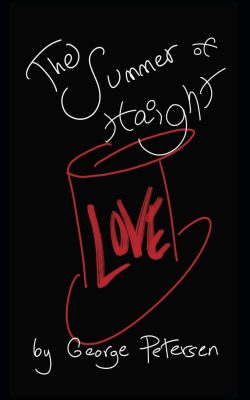|
Listen to or download this article:
|
An enigmatic raven-haired beauty mysteriously murdered and cast into a stranger’s grave, left for scurrilous resurrection men to uncover in the dark of night! In Jeanne Matthews’s historical mystery If Two Are Dead, Detectives Quinn Paschal and Gabriel Garnick take up this case of vicious murder and ignite a mire of secrets and resentment at the pinnacle of 1867 Chicago society.
After catching the body-snatchers in the act of stealing a freshly buried corpse to sell for medical research, Quinn and Garnick realize the body found in Emmett Buck’s grave is by no means that of a young man, but that of a woman, whose bloody head and clean clothes point to a complex mystery. With only her appearance and some identifying jewelry, Quinn insists they can and will catch the killer of ‘Marietta A.V.’ Enlisting the help of an unscrupulous journalist, they locate her husband, a wealthy and influential doctor.
The woman’s husband, Dr. Horace E. Vinings, offers them an incredible reward if they can find Marietta’s killer. But Quinn and Garnick suspect he might not like the answer he receives.
Meanwhile, another case comes to the offices of Garnick & Paschal Private Detective Agency—one that might be even stranger.
Fact meets fiction when famed author Charles Dickens takes a secret departure from his American book tour to recover his precious diary, stolen by a woman who he’s certain is working at the behest of his late brother’s widow. If the contents of that diary get out, it could mean terrible scandal for the beloved Victorian wordsmith, and his extramarital lover.
Caught between the cooling leads of a murder and the incessant demands of Mr. Dickens, the detectives will have to push through danger, injury, and countless layers of deception to reveal the truth of both cases.
Matthews brings readers into the chaotic, grimy streets of 19th-century Chicago with vivid detail and riveting suspense.
If Two Are Dead fills your nose with the smell of slaughterhouse offal dumped in the rivers, conjures the chill of wind and rain kept at bay by thick coats and coal-burning stoves, and illustrates the city in all its tenuous juxtaposition of glittering grandeurs and industrial horrors.
Making excellent use of a unique time and place, this clever story builds from its setting of a city in transition. Resurrection men supply the rapidly-expanding field of medicine with fresh corpses to examine. Charles Dickens tours like a modern pop star. The rich and powerful must hide their indiscretions against the social standards of the day.
As Quinn and Garnick try to safeguard the reputation of Dickens, they also dig up long-buried secrets and cruelties to catch Marietta’s murderer. Even if it means potential disaster for Chicago’s most elite society.
In this tale about the murky underworld of 19th century Chicago, every character has hidden sides to them—suspect, detective, and victim alike.
Quinn must constantly reevaluate the motives and interpersonal connections that her suspects need to keep in the shadows. This is never truer than for the dead. The murdered Marietta’s own goals could illuminate what happened to her in her last days, but Quinn will have to parse words tainted by distaste and ignorance to discover who this young woman truly was.
Regardless of the reward, Quinn dedicates herself to finding justice for Marietta. Her driven spirit and quick mind compel readers to root for her throughout the investigation.
Quinn faces social and physical danger alike as a female detective in 1867. But even a brush with death and its lingering injury nothing will slow her down—especially as the pressure mounts in both investigations.
More troubling, however, are the conflicts that start to grow between her and Garnick. As partners and lovers, they rely on each other. But Quinn isn’t sure if she wants the life of commitment that Garnick seems to desire. And as Quinn brushes off Garnick’s worries and trudges on despite the harm this murder case has already brought down on her, she fears she may have pushed him too far away. The arrival of someone from Garnick’s past forces Quinn to confront the choices she’s willing to risk for the sake of their relationship.
If Two Are Dead interrogates how the unjust gender roles prevalent at the turn of the century dictate the lives of women—whether or not they choose to accept them.
As an Irish woman, Quinn also faces more than her share of bigotry. But most keen in this story is the role of a wife. Quinn sees the terrible power that husbands wield over their spouses, how it defines the secrets behind Marietta’s death and the scandal of Charles Dickens’s stolen diary.
Quinn doesn’t want a conventional life. She’s a detective first, and these investigations only give her more reason not to put such complete trust in anyone as to marry them. But, despite it all, she does want Garnick.
Balancing flashes of grim violence with the excitement of discovery and the humor of a cantankerous Charles Dickens, Matthews delivers a satisfying murder mystery.
Each new clue will spark burning questions in the reader’s mind. Matthews carefully constructs and expands the investigation, never quite giving the game away. And just as the answer begins to emerge from the fog, a new twist reframes what we know, rewarding those who share Quinn’s knack for catching subtle connections.
If Two Are Dead is a gripping tale of family and professional betrayal set in the dangerous streets of Chicago that dredges up one secret after another. But even those secrets buried six feet under can be laid bare once more.











Leave A Comment